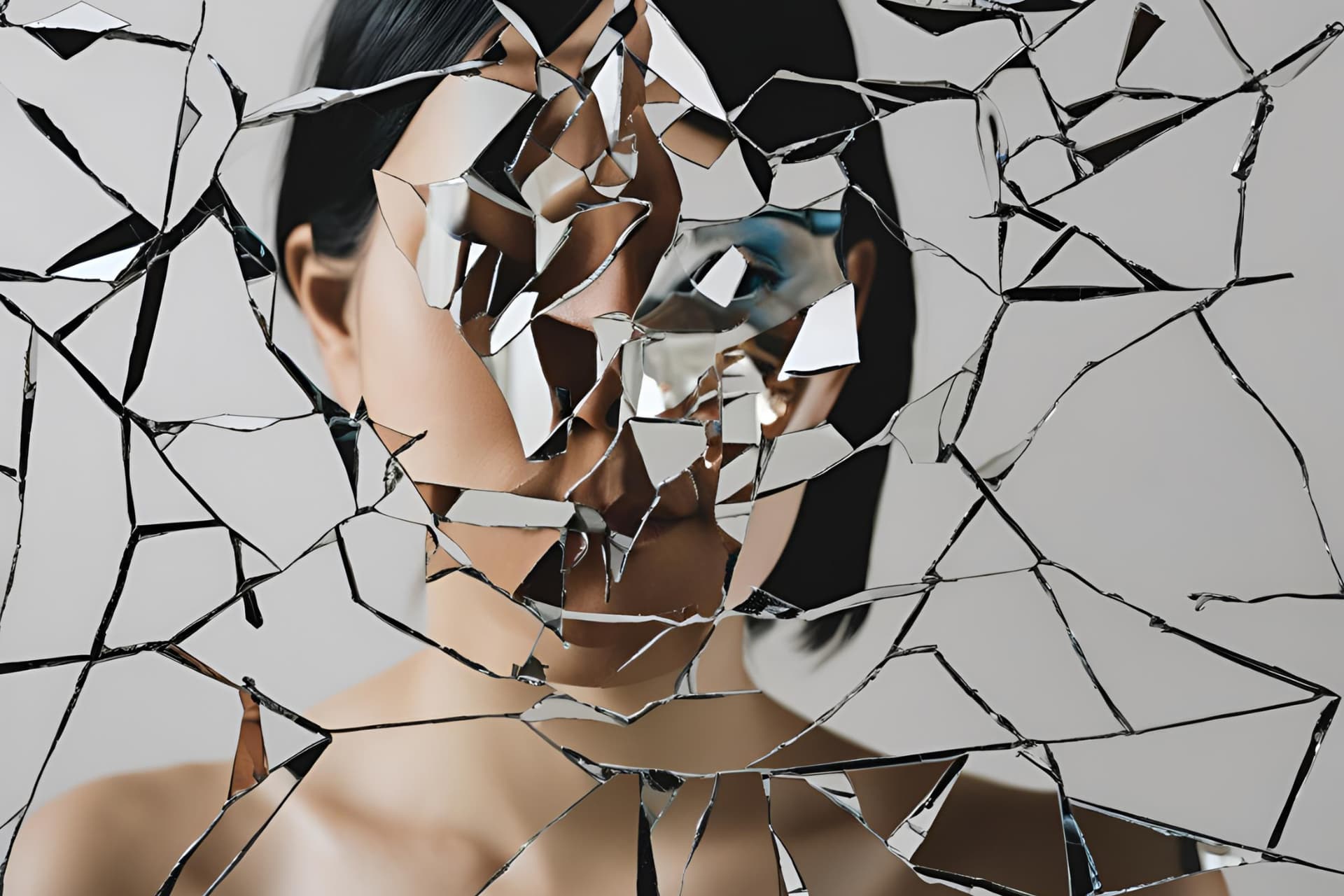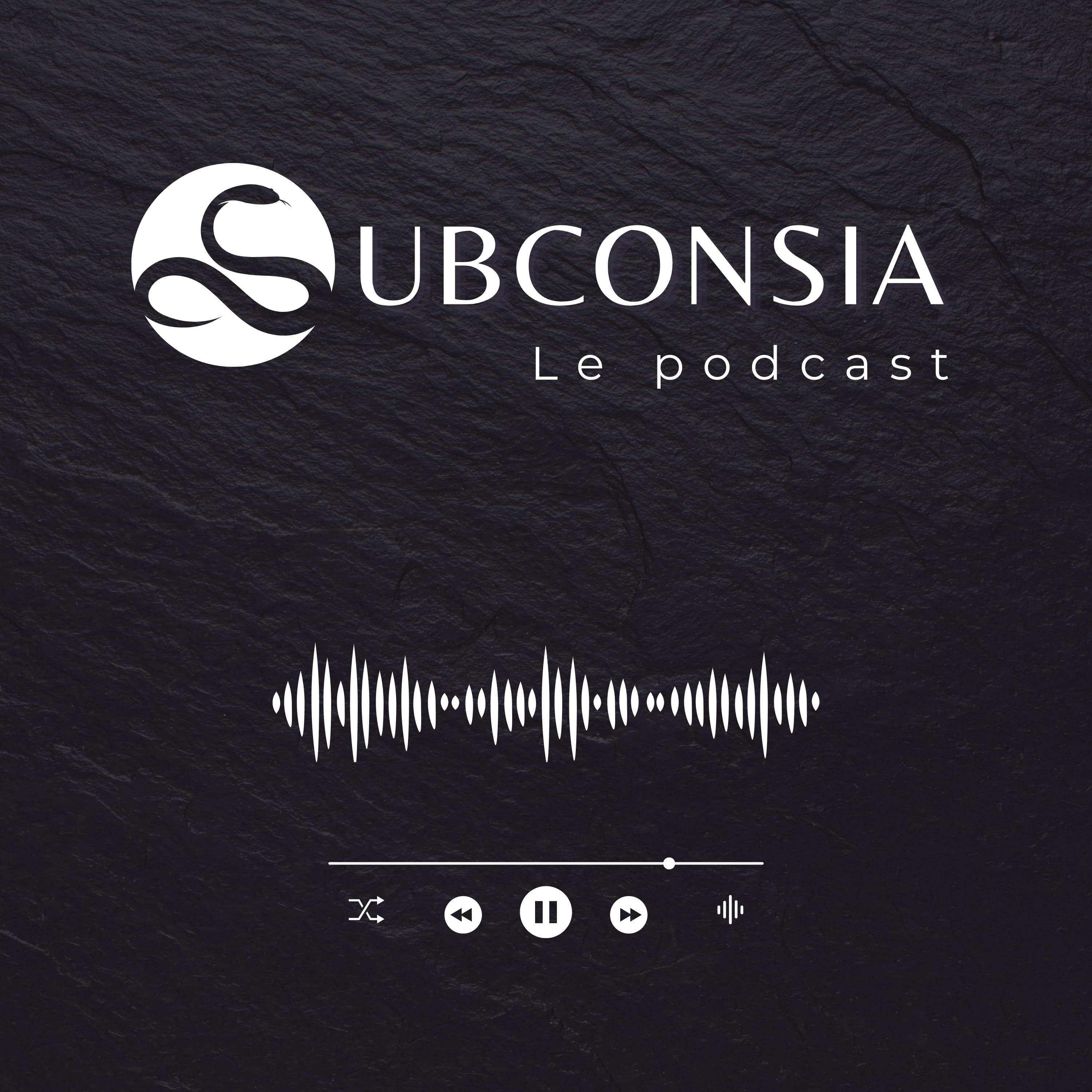Published May 15, 2025
Traumatic experiences aren't just bad memories. Science shows they durably alter our brain, emotions, and behaviors. But most importantly, they can be overcome.
The Effects of Trauma on the Brain
1. The Hippocampus: When Memory Fails
Neuroimaging studies reveal that in people suffering from post-traumatic stress disorder (PTSD), the hippocampus (a crucial area for memory) can shrink in volume.(1) This explains why some people struggle to remember precise details of the traumatic event, as well as the frequent confusion between past and present that characterizes flashback episodes.
2. The Amygdala: A Stress System Always Active
This structure, responsible for detecting danger, becomes hyperactive after trauma.(2) The consequences are often disproportionate fear reactions to harmless stimuli and chronic anxiety that persists even in perfectly safe situations. It's important to note that these changes are visible on MRI, proving that trauma has a biological reality and isn't simply imagination or psychological weakness.
Behavioral Consequences
1. Avoidance: A Protective Mechanism Gone Wrong
Natural at first, this behavior can become disabling over time. Traumatized individuals gradually limit their social activities, avoiding situations that might trigger painful memories. This avoidance ends up significantly impacting professional life, creating a vicious cycle of isolation that reinforces rather than alleviates the initial trauma.
2. Hypervigilance: A State of Permanent Fatigue
The body remains constantly on alert, as if danger were always imminent. This excessive vigilance leads to sometimes severe sleep disorders, marked concentration difficulties that can affect work performance, and chronic exhaustion that significantly reduces quality of life. The nervous system, constantly in "fight or flight" mode, never gets a chance to rest and recover.
Validated Therapeutic Approaches
EMDR therapy (Eye Movement Desensitization and Reprocessing) uses guided eye movements to reprocess traumatic memories. Rigorous clinical studies show it reduces PTSD symptoms in about 70% of patients after just a few sessions.(3) This approach allows the brain to reprocess traumatic information in a new way, integrating it less painfully into autobiographical memory.
Cognitive Behavioral Therapy also shows remarkable results. Research demonstrates it leads to a strong reduction in PTSD symptoms and significant improvement in quality of life.(4) This approach helps identify and modify negative thought patterns associated with trauma while offering gradual exposure strategies to reduce anxiety linked to traumatic memories.
Other complementary approaches have also proven effective. Therapeutic Yoga and mindfulness meditation show notable efficacy in reducing hyperactivity of the autonomic nervous system. A Harvard University study highlighted how these practices reduce amygdala activity and help regulate excessive emotional responses.(5)
The Final Word (The One Your Brain Wants You to Remember)
Trauma leaves marks, but doesn't define a life. Scientific evidence is clear: the brain can repair itself thanks to its remarkable neuroplasticity. Whether you choose CBT, EMDR or body-based approaches, the essential thing is to take action and not remain a prisoner of the past.
According to the WHO global report (2022), more than 75% of people living with a mental, neurological or substance use disorder receive no treatment, particularly in low-income countries.(6) This alarming figure highlights the importance of raising public awareness about available treatment options.
By reading this article, you're among the few who have chosen to understand, and therefore, to heal. Congratulations on taking this step.
"High-quality social connections are essential to our mental and physical health as well as our well-being. Social isolation and loneliness are important, but neglected, social determinants for people of all ages including older people."(7)
Support independent research
Every contribution helps maintain this ad-free project. (Direct alternative if having trouble with the coffee button)
By Dounia Boukrim


